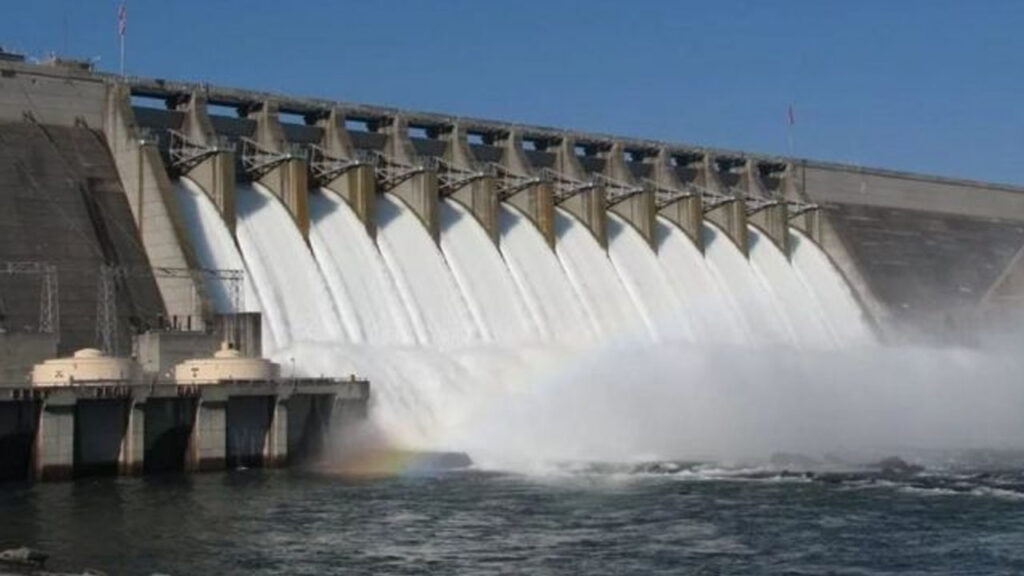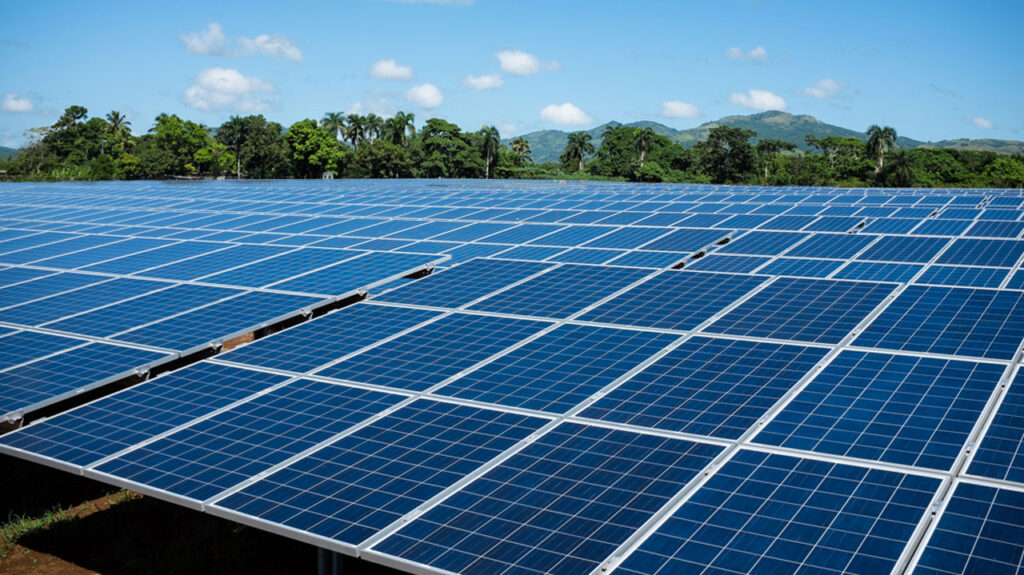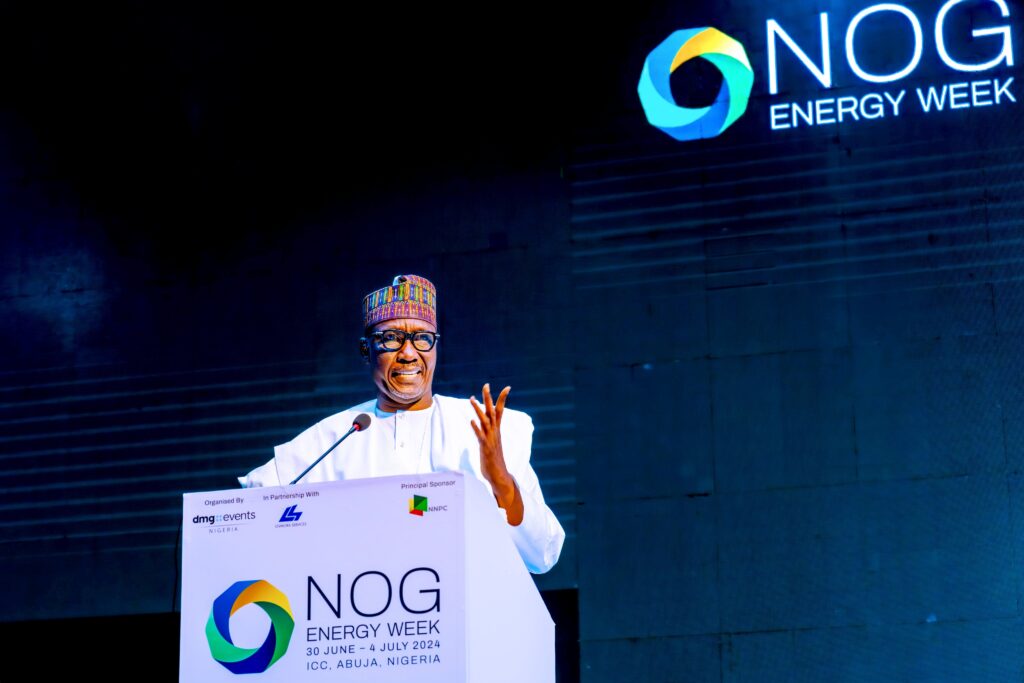
Skills gap in the Nigerian power sector and other African countries as well as rising changes in the global energy landscape may force Nigeria to take strategic steps in dealing with the situation, Executive Director, Corporate Services and head of Mainstream Energy Academi, Umar Usman, has said.
The gap in Nigeria’s power sector and the evolving global energy landscape, according to him, would be reduced if the sector strategically deals with the challenge.
Usman noted that after the privatisation of generating companies and the concession of a percentage, the Nigerian government retained control of the transmission, prompting his company to successfully get in charge of Jebba and Kainji Dams.
With the country already faced with the need for rapid stabilization and revenue improvement, Usman said a cultural shift towards a business-oriented mindset became imperative.
According to him, the development and early priority of adequate skill development brought significant progress, steering the company towards profitability despite economic challenges.
Recognising the importance of adapting to business constraints and staying relevant, Usman said Mainstream initiated a training academy, focusing initially on internal training but saw the academy evolve to offer a specialised programme in renewable energy, motivated by the aging equipment of the dams.
Inspired by mature models observed during visits to Ghana and Côte d’Ivoire, the academy, according to him, has played a pivotal role in capacity building, establishing partnerships with global equipment manufacturers like Siemens and Andritz.
Usman said owing Nigeria’s two largest hydro plants and securing bids for additional plants has motivated the academy to commercialize aspects of its operations, bringing the academy to the forefront of capacity building in the industry.
Usman highlighted the vision for the academy to transform into a university of electric power, emphasizing its commitment to incubate talent not only for mainstream but for the broader Nigerian and international energy landscape.
In an era where renewable energy stands as a linchpin for sustainable development, he said the academy is poised to assist Nigeria and other nations in achieving a greener future.
The academy’s focus on advanced technical skills, renewable energy education, and collaborations with industry experts, research institutions, and international organizations positions it as a key player in shaping the future of the power sector in Nigeria and contributing to global climate change agendas.
The move to transform into a university reflects Mainstream’s dedication to continuous learning, expertise enhancement, and workforce cultivation, he noted.











